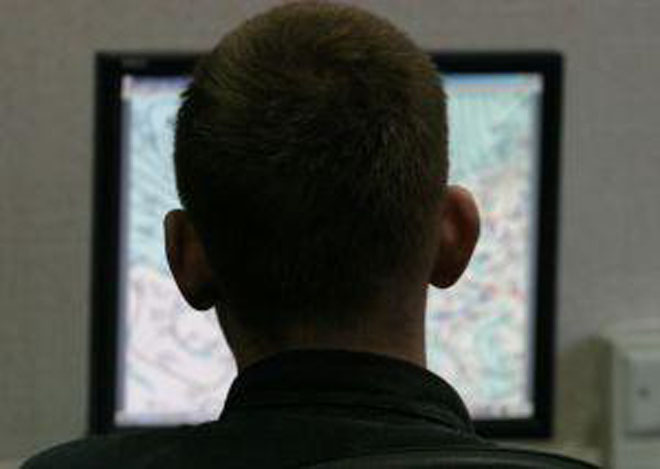Iranian computer experts have identified the nationality of those who sought to hack the country's oil ministry computers in April, police officials announced on Saturday, adding that the hackers were traced to the US, FNA reported.
"2 American IPs were identified in the (cyber) attack against the oil ministry," Head of Information Production and Exchange Department of the Law Enforcement Police General Seyed Kamal Hadianfar told reporters on Saturday.
Noting that the Iranian foreign ministry and Interpol have pursued the case, he said that the US should disclose the identities of the two IPs to Iran so that the country can identify those who have embarked on the act of sabotage (and file a lawsuit against them).
Unknown hackers sought to infiltrate the Oil Ministry's main servers on April 23, but they failed.
Later in April a senior Iranian official announced that the oil ministry's cyber team had identified the main and hidden agenda of the cyber attack.
"The nature of the attack and the identity of the attackers have been discovered, but we cannot publicize it since we are still working on the case," Deputy Oil Minister Hamdollah Mohammadnejad told FNA at the time.
"In general" Mohammadnejad stated "the attack was carried out by virus penetration and was aimed at stealing and destroying data and information."
He further dismissed the speculations that hackers only meant to disrupt the operation of the oil ministry's internet network, and stressed that "those who design and develop such viruses are pursuing specific goals".
Senior Iranian oil ministry officials had late April announced that their computer systems resumed normal operation.
Iranian Oil Ministry's Spokesman Alireza Nikzad-Rahbar announced that the lion's share of the ministry's computer systems, including the Administrative Automation System recommenced their activities.
"Thanks God, at the time being the computer systems are running with a high level of safety and users are working normally," he said.
He further noted the efforts made by the ministry's IT experts to launch other computer systems, and said that the remaining sectors also resumed operation.
Earlier, he had said the cyber attack had not caused damage to essential data of the ministry due to the separation of the main servers from public servers.
"Whether essential or non-essential, the oil ministry's data have a back up," he said, adding the ministry has the capability to repel cyber attacks which is the result of its strong engineering and technical potentials.
He confirmed that some minor public data had been damaged which include mainly users' data.
According to the oil ministry, the cyber attack was carried out through a virus penetration that damaged users' hard disks.
After a wide-scale cyber attack on Iranian facilities, including its nuclear sites, last year, Iranian officials started planning a proper and well-concerted line of defense against virus attacks.
Earlier in March, the Islamic Republic of Iran announced plans to strengthen its cyber power by establishing a Supreme Council of Cyberspace to defend the country against cyber attacks.
Supreme Leader of the Islamic Revolution Ayatollah Seyed Ali Khamenei tasked Iranian President Mahmoud Ahmadinejad with the duty of establishing a Supreme Council of Cyberspace.
In a decree, the Leader enumerated the important impact of the Internet on individual and social life, the necessity of planning to prevent the damages inflicted by it and using opportunities to provide people with useful services as reasons necessitating the establishment of the Supreme Council of Cyberspace.
The council will establish the National Center for Cyberspace that will allow gaining complete knowledge about the activities in cyberspace on domestic and international scales and deciding how the country must address arising issues.
The Supreme Council of Cyberspace, headed by Ahmadinejad, comprises of high-ranking Iranian officials such as the Parliament Speaker, Judiciary chief, Head of the Islamic Republic of Iran Broadcasting, and ministers of Communication and Information Technology (CIT), Culture and Islamic Guidance, and Intelligence.






